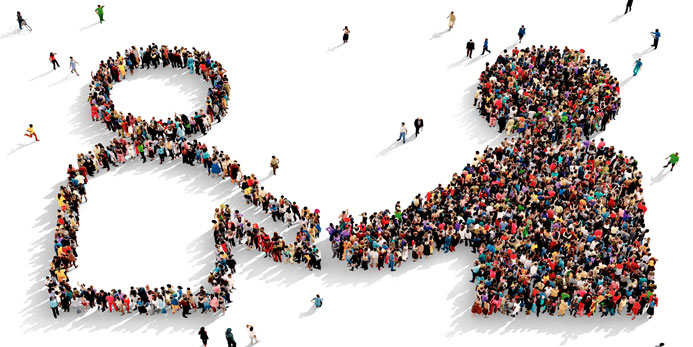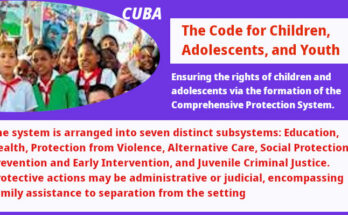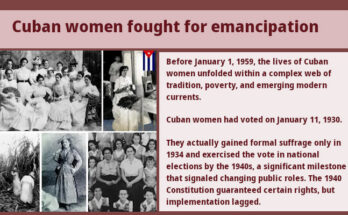A few years ago, Ban Ki-moon, the former Secretary General of the United Nations, said that tolerance is the firmest foundation for peace and reconciliation and has never been more important than in these times of dizzying change.
He further argued that fostering tolerance by promoting understanding and respect among all cultures, from parliaments to school playgrounds, would be the challenge for States to contribute to a more just world, free of violence and discrimination.
In 1996, the United Nations General Assembly adopted Resolution 51/95 promulgating November 16 as the “International Day for Tolerance”.
In 1995, a year before the adoption of this resolution, the Declaration of Principles on Tolerance was adopted by the Member States of UNESCO. Among other things, the Declaration states that tolerance is neither indulgence nor indifference. It is respect and appreciation for the great variety of our world’s cultures, our forms of expression and ways of being human. Tolerance recognizes the universal human rights and fundamental freedoms of others. It also places it within the framework of international human rights law developed over the past fifty years and calls upon states to legislate to protect the equal opportunities of all groups and individuals in society.
Injustice, violence, discrimination and marginalization are common forms of intolerance. Aspects that today cause social inequalities and that, in one way or another, cultural and neoliberal interference attempts to subjectively inculcate in new generations.
The Declaration describes tolerance not only as a moral duty, but also as a political and legal requirement for individuals, groups and States.
Tolerant behavior implies individual discernment to respect and accept the political, sexual, racial and social differences of others. Similarly, tolerance is closely linked to the duty of every person to respect the human rights of other individuals.
Today, when people have different characteristics, one by nature and others due to the socioeconomic conditions of each region of the planet, tolerance can be the way to ensure the survival of mixed communities in different parts of the world.
In this sense, the role played by education in the different nations will be essential, a key aspect to fight against these forms of exclusion. Thus helping the new generations to develop an independent attitude and ethical behavior.
Respecting the diversity of religions, cultures, languages and ethnicities should not be a source of conflict but a richness valued by all.




